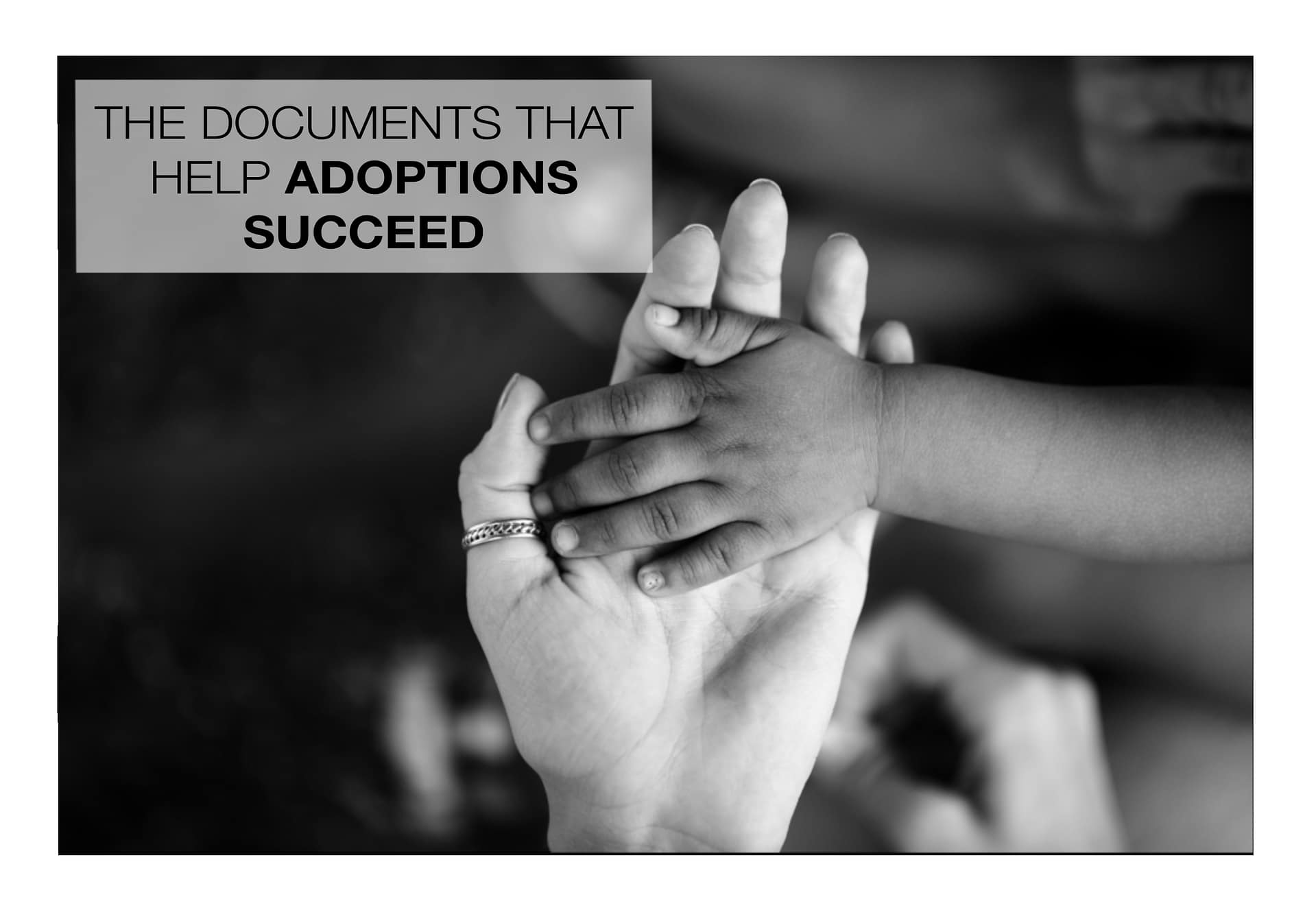We recently wrote about adoption and why it’s important to have those difficult conversations with the family. Topics range from the decision to adopt and why the siblings need to accept their new family member, to why such open conversations are so critical to ensure the family remains a thriving unit.\
We have also covered the role of governance. It helps codify the role the new member – including those members who marry into the family – will have in the family, from finances, to any future position in the family office or business.
Ideally, conversations and governance should help the adoptive family – nuclear and extended – as well as the adopted member feel comfortable. This acceptance can help the adopted child reduce any feelings of abandonment created by their birth family.
While we discussed issues related to a child whose family and medical history are unknown, there are ways to help prepare for the future that may arrive.
Upon adopting a child, a friend of mine began a multi-year odyssey of doctor visits and hospital stays for an illness they didn’t know the adopted child had during the process. This left the family facing the possibility of their medically needy child potentially outliving them.
How do you plan for such care, be it for an adopted or biological child? It’s a matter that frequently arises today. A special needs trust can help put in place financial planning to provide for long-term care.
A special needs trust (SNT) is a legal document that allows a person with medical needs, mental health issues or disabilities to receive financial support; this can come in a manner that can help maintain the child’s eligibility for government benefits, if they are deemed qualified as such. The SNT can include financial support for such needs as medical, doctor and hospital expenses; home care or speciality care; transportation; and housing or facility costs.
Another document for long-term financial planning is a trust. This document allows the benefactor to manage their assets and distributions while they are alive, and designate distribution upon their death. A revocable trust allows the grantor to change the terms or revoke the trust at any time during their lifetime, as long as they are not incapacitated. Whereas an irrevocable trust, in principle, cannot be changed.
The establishment of a trust is a commitment made to the beneficiary, regardless of whether they are a spouse, child or adopted family member. But what if the adopted child decides to abandon its adopted family? Are you willing to see them receive the funds and bid you farewell?
Whether through mental illness or behavioural challenges, there may come a time where they turn astray. You never know what may arise. That’s why it’s vital to be prepared.
Preparation may come through due diligence. Work closely with the adoption agency to explore – as best you can – the birth family’s health and lifestyle history, and then work with financial counsel to determine how best to plan your family’s future. That said, in some cases, no amount of due diligence can prepare for or determine outcomes. As with natural children, sometimes the future is unknown.
Adoption is a blessed deed. Adoptive families often take children facing the unknown and provide them with hope. It’s important that you don’t put the greater family’s own future at risk. If you’re considering adoption and have questions about how to prepare your long-term finances, let’s talk. We can provide some clarity for everybody’s future.

Leave A Comment